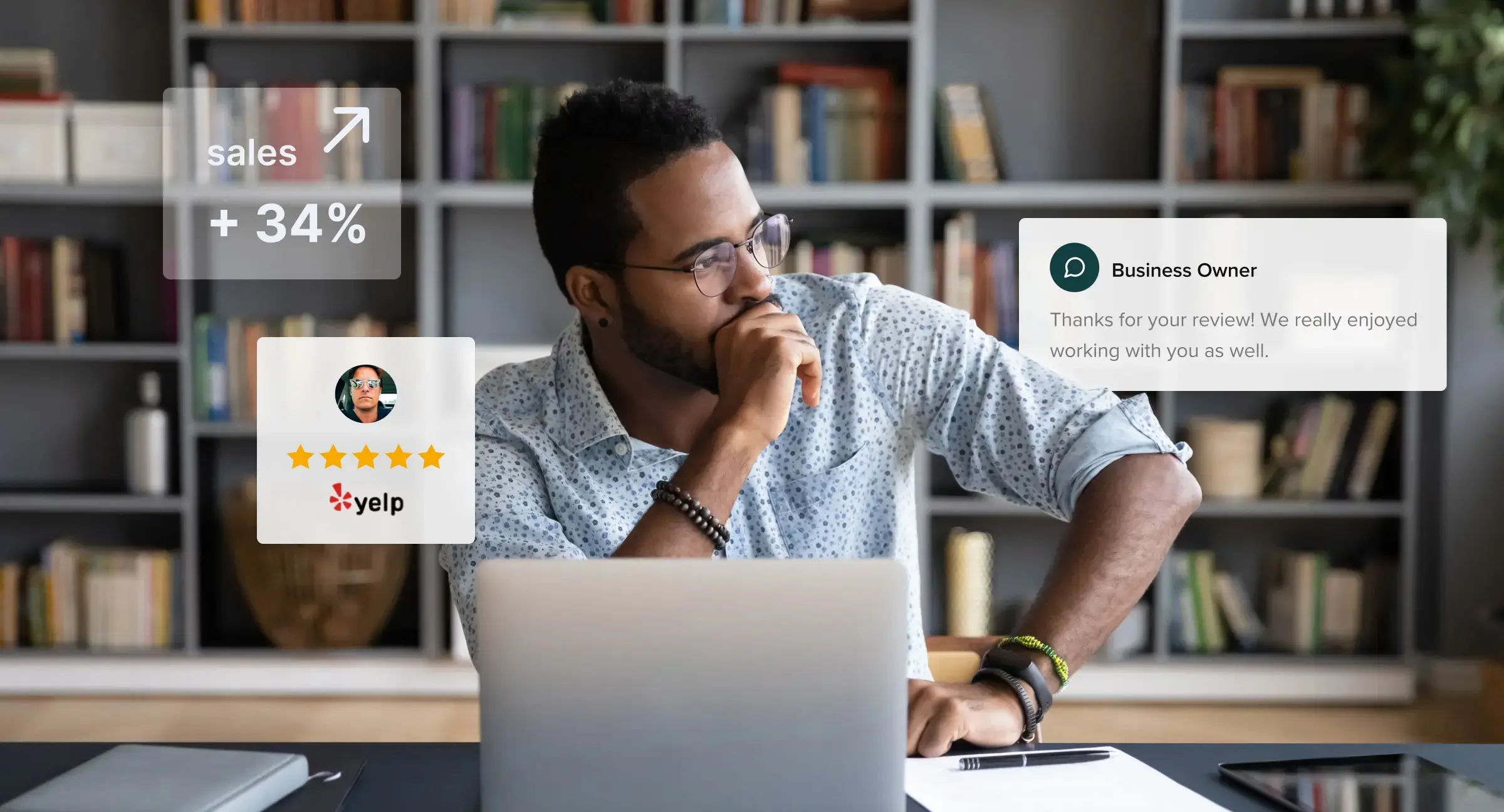It's Time to Get WISE.
Patrick Dillon
CEO
Matthew Hinkle
Director of Accounts
Kristina Brenner
Account Executive
Apply Today
Please fill out the information below. Someone on our team will reach out in 3-5 business days to schedule a call if we see a good fit.
Book Patrick Dillon
Thanks for your interest in booking WISE CEO Patrick Dillon on your podcast! Please complete the form below, and a team member will contact you shortly.

Remove Negative Reviews.

Right now, thousands of potential clients are actively searching for the legal services you offer. And if they could find you online, your phone would be ringing off the hook. Unfortunately, if your website isn't Google-friendly and you're not keeping up with evolving SEO best practices, your ideal clients will never find you.
That’s why we’re here—to tell you everything you need to know about the top five SEO changes that will make or break your law firm's online presence.
Change #1: Google is Scrutinizing Your Content
What It Means
To control content quality and give users a better browsing experience, Google evaluators review websites and rank them according to a set of standards called E-E-A-T.
How It Impacts Your Firm
If your website is full of duplicate content or stuffed with keywords, Google may downgrade your ranking.
How to Evolve
To help clients pass the Google content quality test, we’re:
- Eliminating duplicate content
- Using natural and relevant keywords
- Producing original, human-written content that demonstrates our clients’ experience, expertise, authoritativeness, and trustworthiness
Last year, we used E-E-A-T standards to evaluate and optimize website content for Jorgensen, Brownell & Pepin, P.C., a Colorado-based legal firm. Since then, the firm has:
- Generated 8,500 leads
- Reported $13.5 million in new revenue
- Experienced a 20% uptick in ad conversions and a 23% jump in click-through rates
Change #2: Zero-Click Searches
What It Means
Google is replacing traditional queries with "zero-click searches." This means users no longer need to click through multiple results to find answers. Now, Google compiles relevant information into a knowledge graph directly on the search results page.
How It Impacts Your Firm
With Google curating answers to common search inquiries at the top of the search results page, users are less likely to scroll down and click on individual results.
How to Evolve
To help our legal clients achieve Google Knowledge Graph status, we’re:
- Creating in-depth, niche-specific content
- Making sure their business info is consistent across all platforms
- Optimizing content to answer common user search queries
Change #3: Structured Data
What It Means
Google wants to understand the content on your website so it can feed the right information to users. Unfortunately, most online content—including text blocks, images, and videos—is difficult for Google to understand because it is not correctly tagged (or structured).
How It Impacts Your Firm
Your legal firm’s website likely has more unstructured than structured data. And this makes it more difficult for Google to understand.
How to Evolve
We’re helping our legal clients structure their website data, which:
- Boosts click-through rates from search results
- Helps them achieve greater visibility
- Increases the odds of appearing in Google’s zero-click search results
- Improves overall search engine performance and organic traffic
Change #4: AI Overviews
What It Means
Google is testing a new search feature that gives users an AI-generated summary of information related to their searches. So when you perform a Google search:
- AI analyzes your question
- Skims the internet for relevant information
- Synthesizes a response to your inquiry
- Then creates an AI-generated info summary that appears at the top of the search results page
How It Impacts Your Firm
Our WISE SEO experts suspect that AI Overviews will negatively impact organic traffic for low-ranking websites. If your content does not appear in these AI-generated summaries, you may be overlooked by potential clients.
How to Evolve
Law firms will want to be featured in those AI-generated summaries. To increase the odds of that happening, we’re helping our clients:
- Fix 404 errors and broken links
- Use long-tail keywords that prospective legal clients are more likely to use in searches
- Create quality content that follows E-E-A-T guidelines
- Ensuring their websites are fast, secure, and mobile-friendly
Change #5: Semantic Search
What It Means
Google is using machine learning technology to analyze the meaning and context behind a user’s search, even if that search doesn’t completely match the keywords found on the website.
How It Impacts Your Firm
To pass the semantic search test, your content must incorporate keyword phrases that mimic users’ informal search patterns. For example, instead of using the keyphrase “I need a personal injury lawyer in Denver, Colorado,” we may opt for “best personal injury lawyer near me.”
How to Evolve
Our SEO team is helping clients adapt to semantic search by:
- Using keywords that align with users' informal search patterns
- Incorporating long-tail keywords in the form of questions to mimic user search patterns
- Using more conversational keyword phrasing to reflect how people typically search
Stay WISE with the Help of Our Expert SEO Team
At WISE Digital Partners, we understand that many legal firms simply do not have the expertise to adapt to these SEO challenges. That’s where we come in. Our team of SEO experts specializes in helping legal firms like yours overcome these challenges and stay one step ahead of the competition. If you have questions about SEO or digital marketing, contact us or visit our Legal page to understand our capabilities! We’re always here to help.
Share
Subscribe to WISE Insights
Stay ahead of the digital marketing curve and never miss a lucrative trend or insightful tidbit – subscribe to our WISE blog!
Keep Reading
Build. Grow. Soar.
Get WISE about digital marketing with advanced services, industry experts, and cutting-edge tools designed for long-term, sustainable growth.









